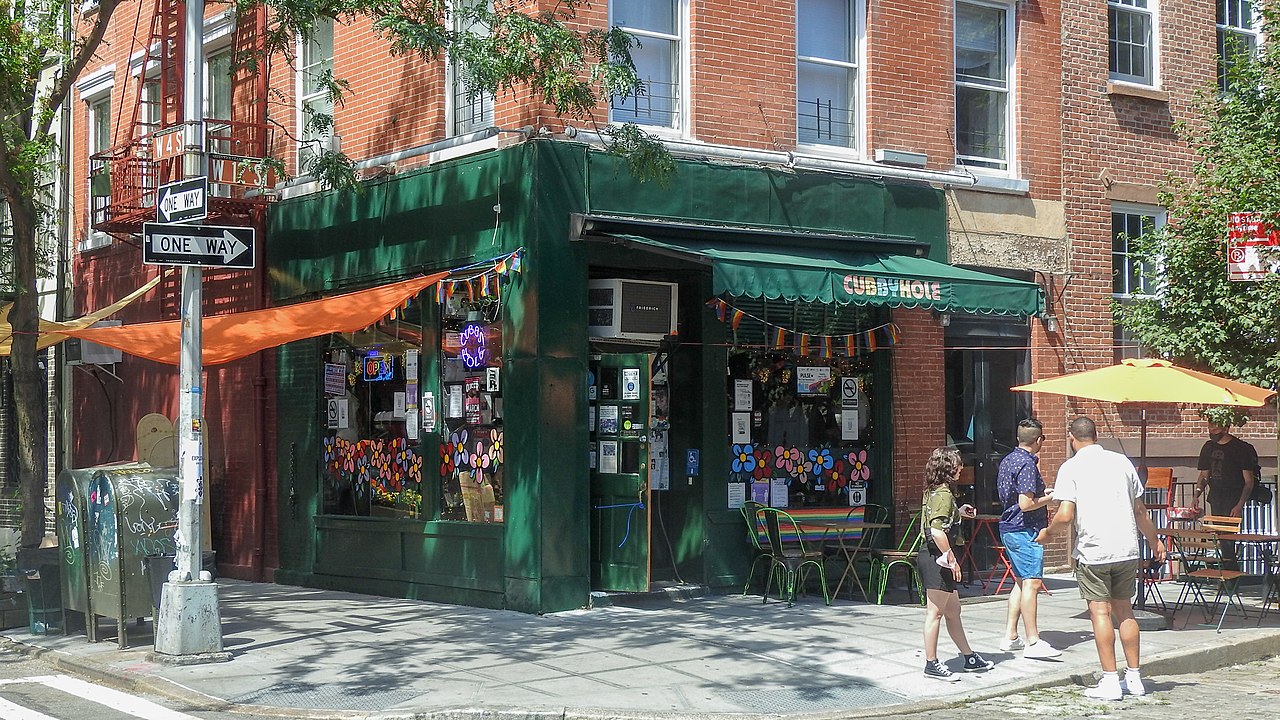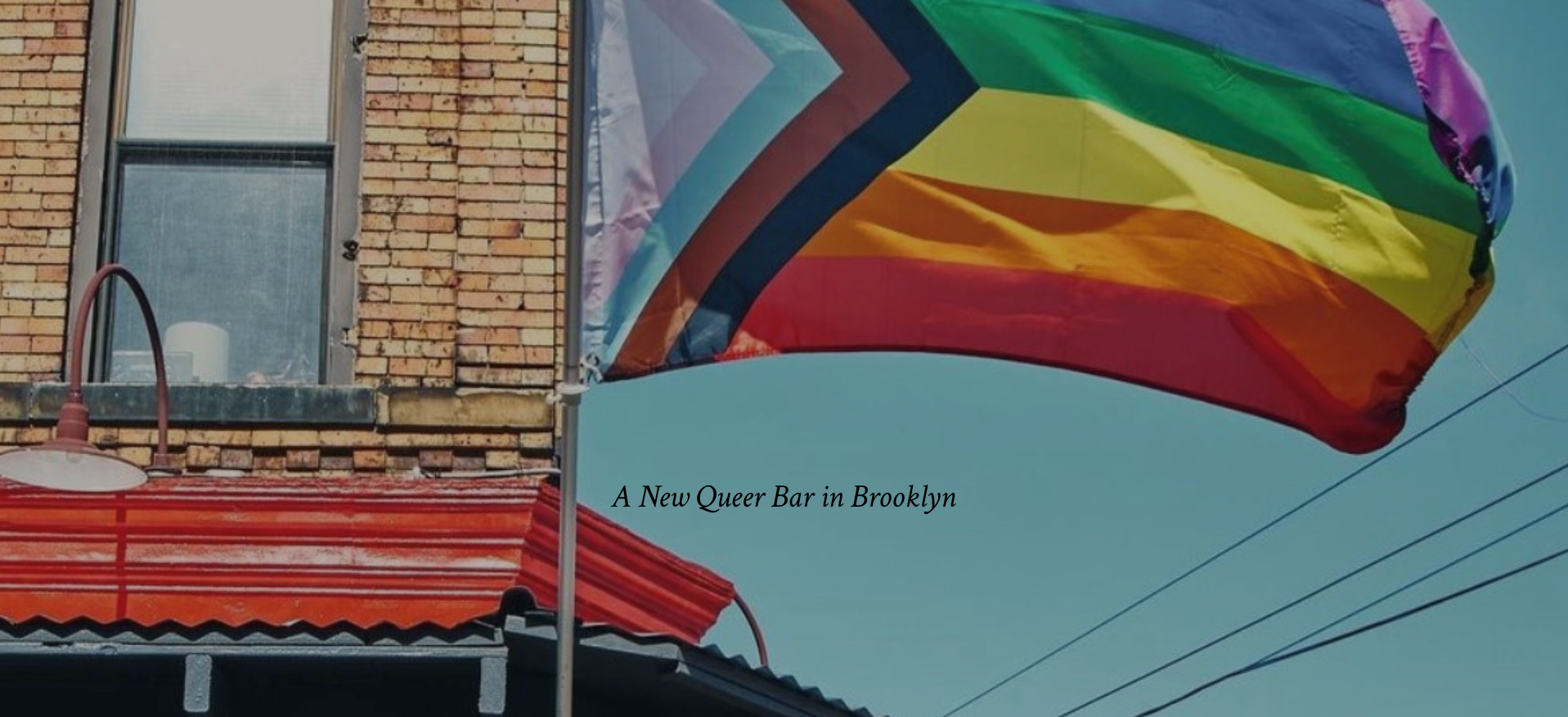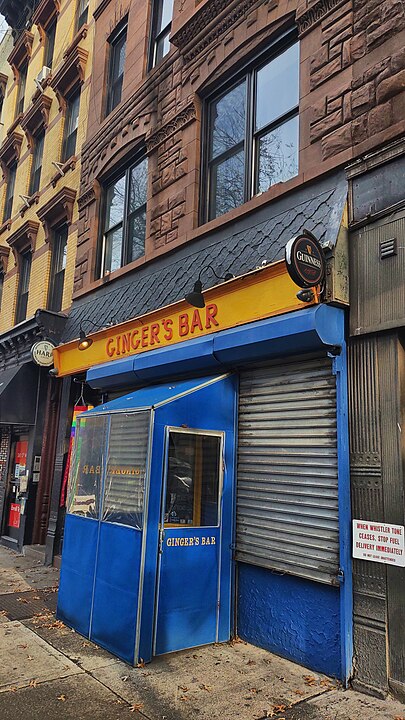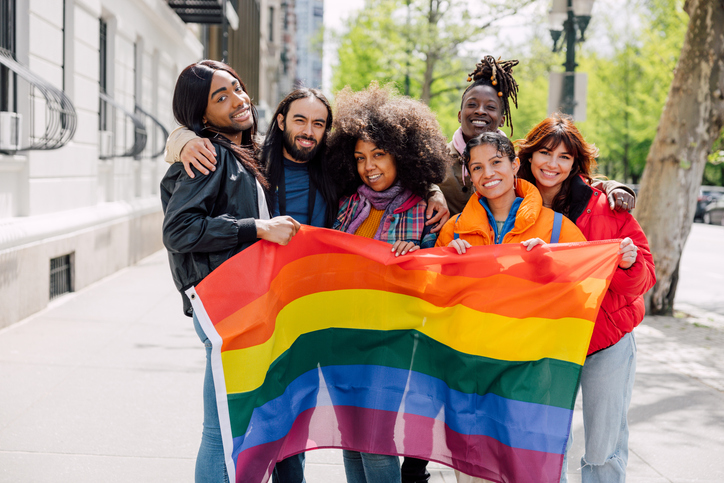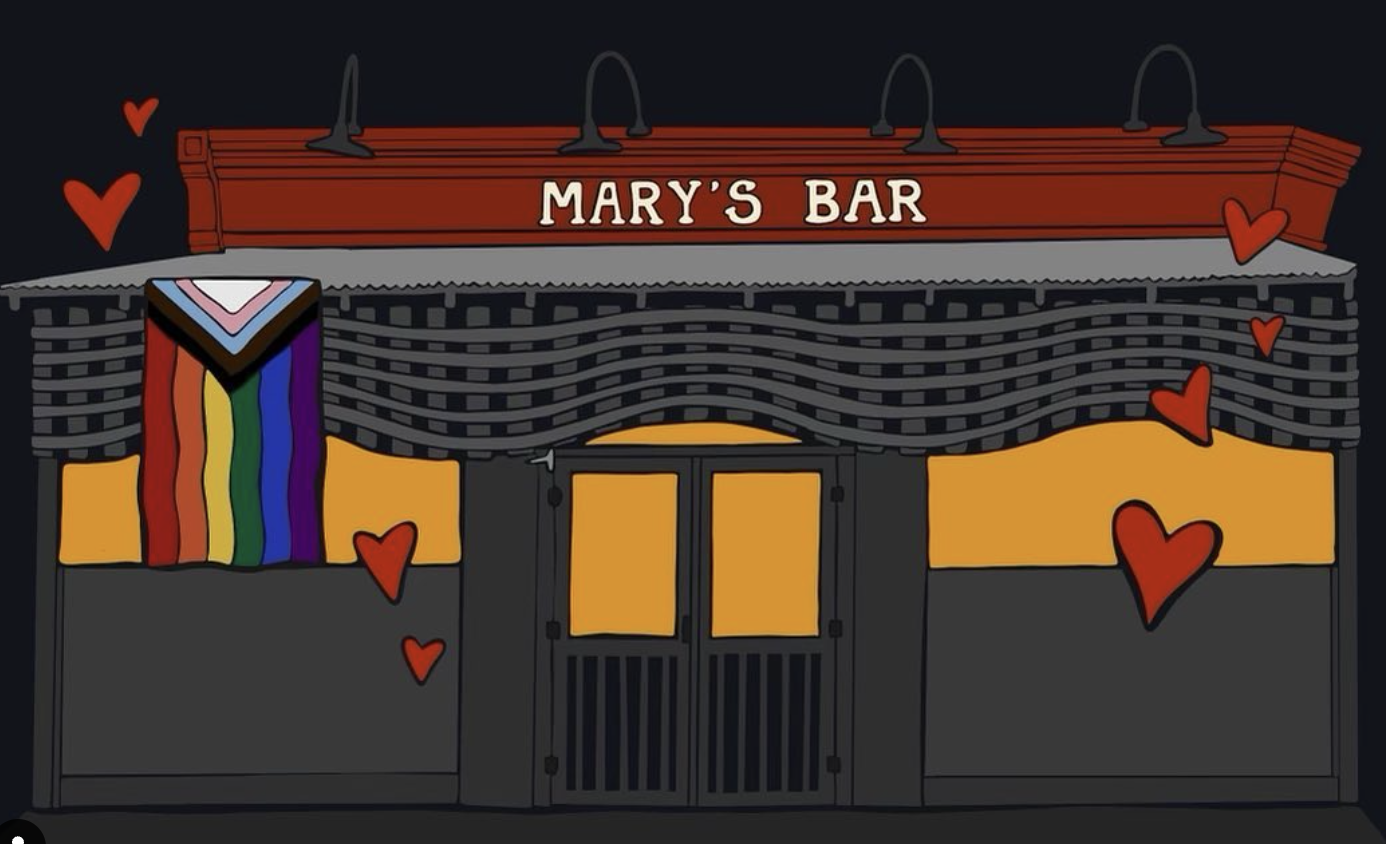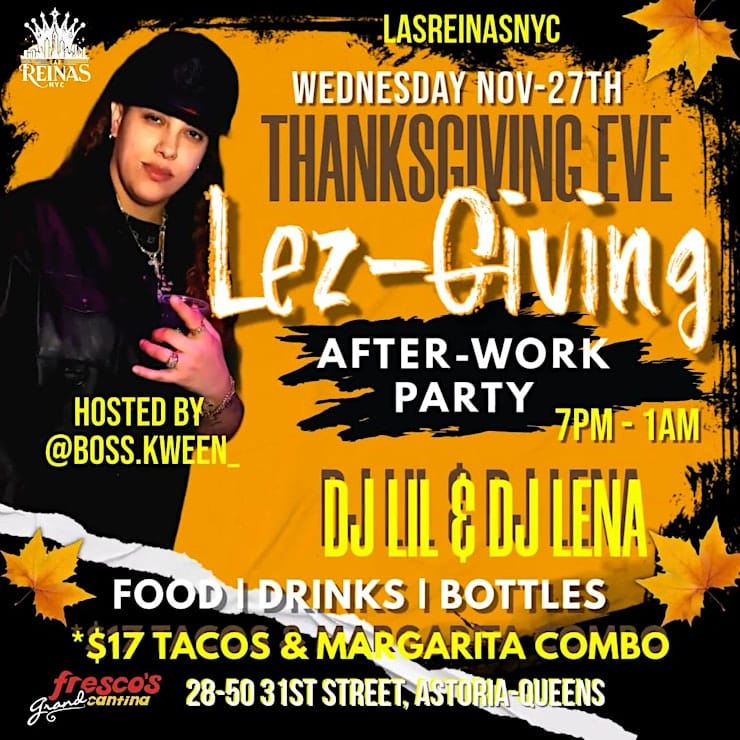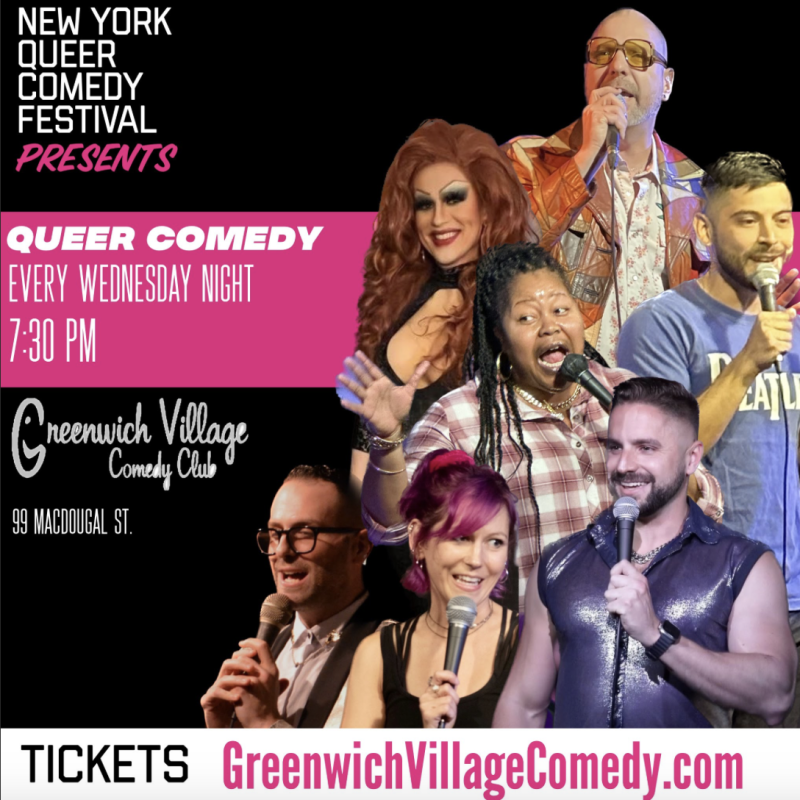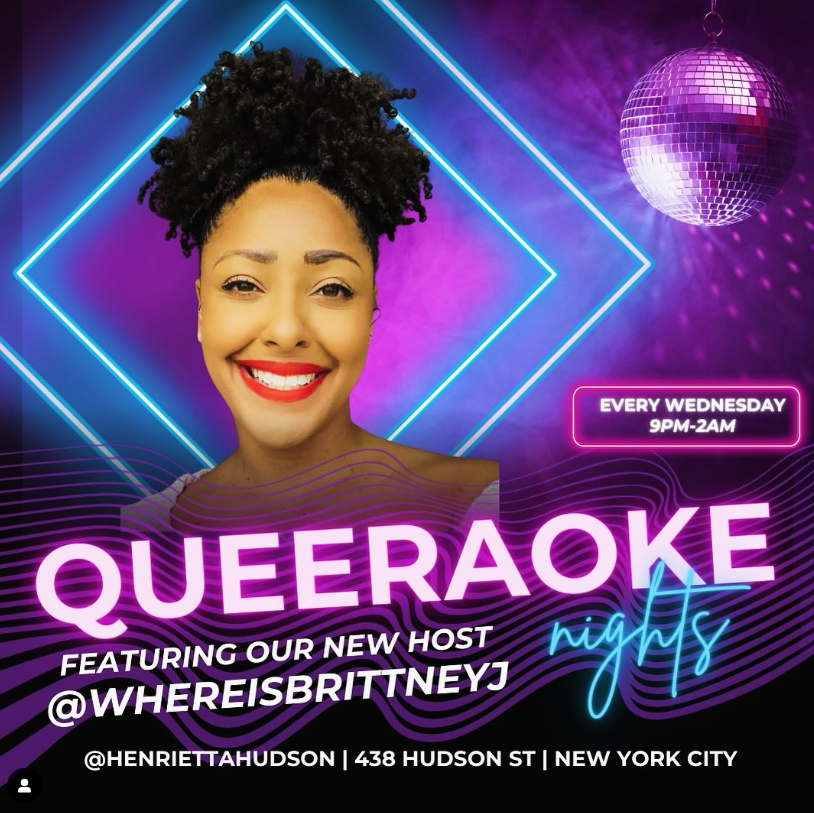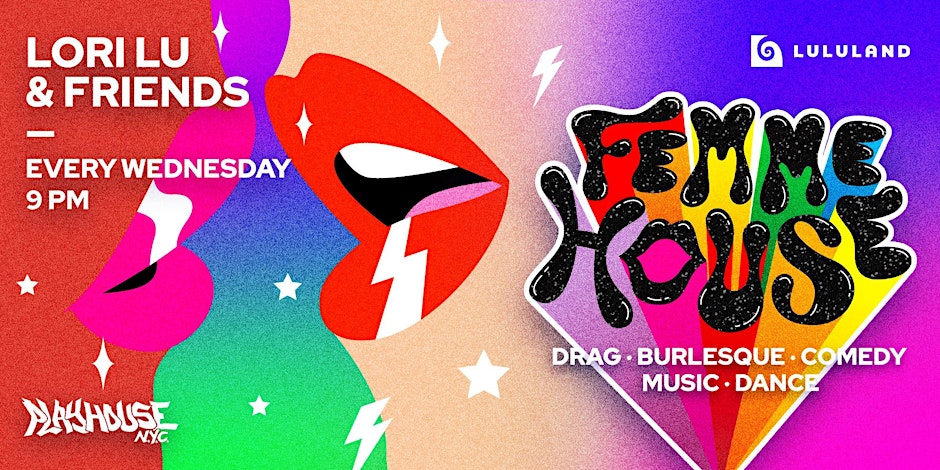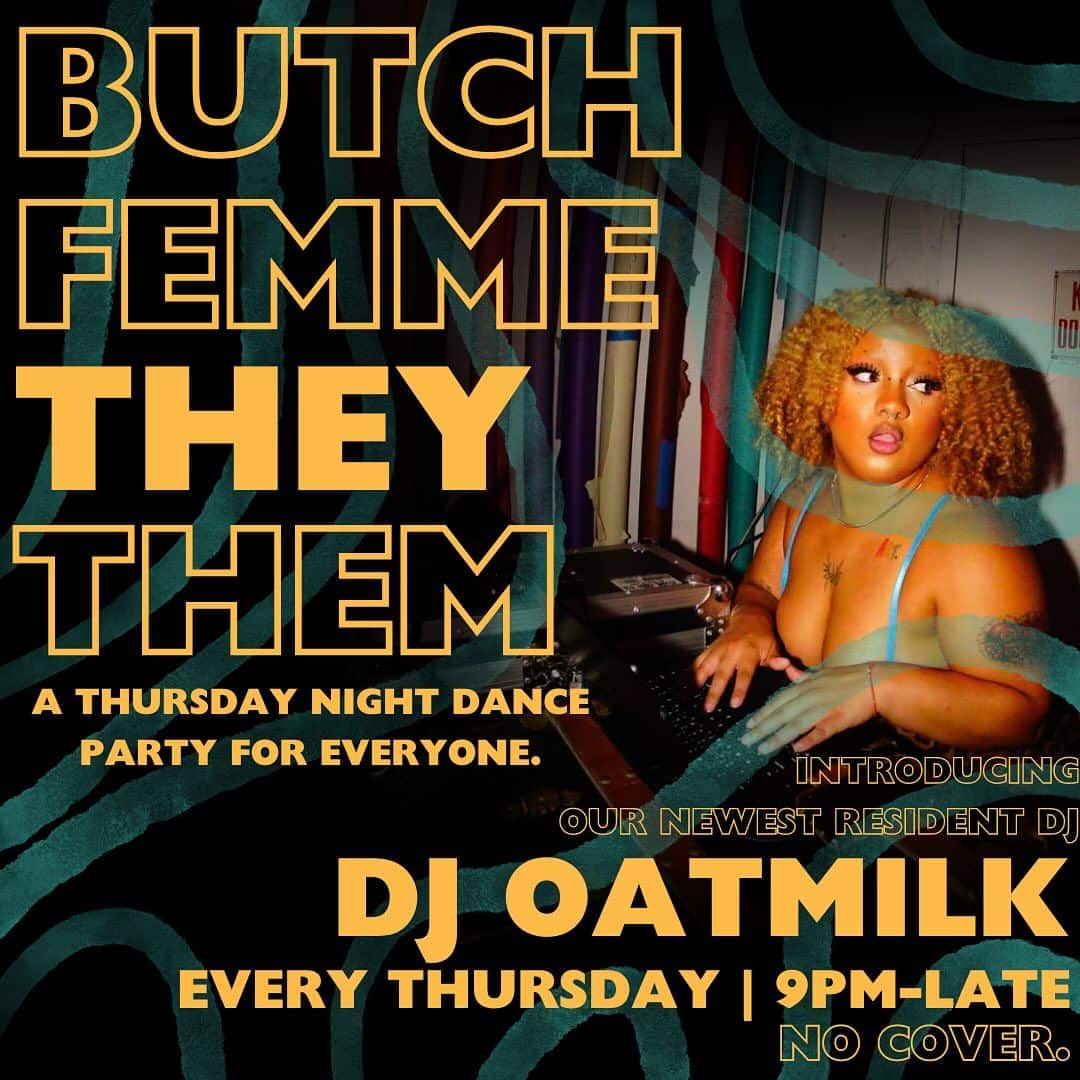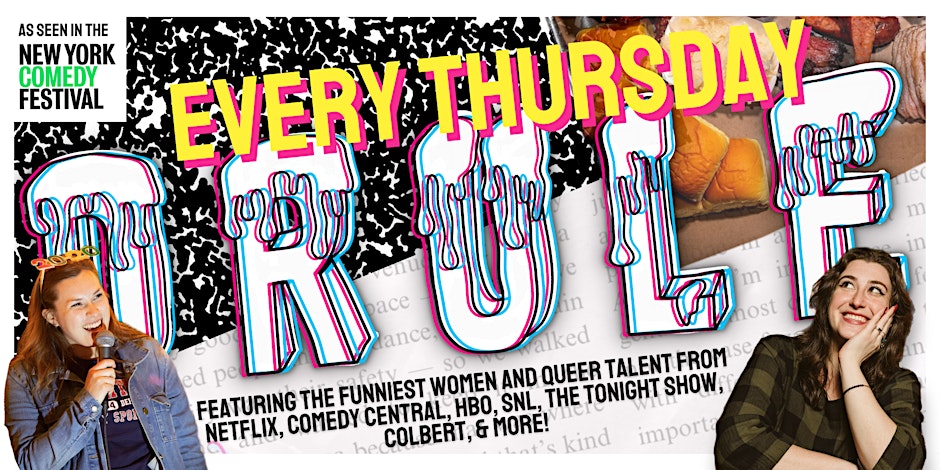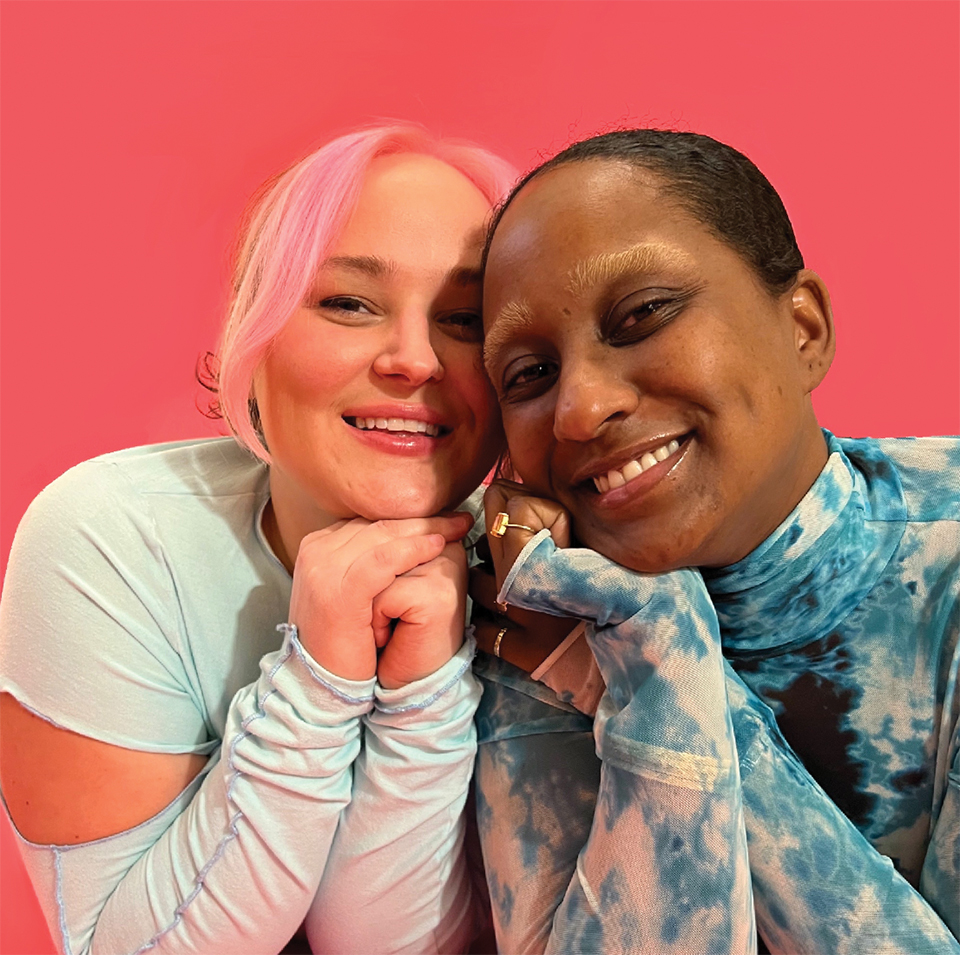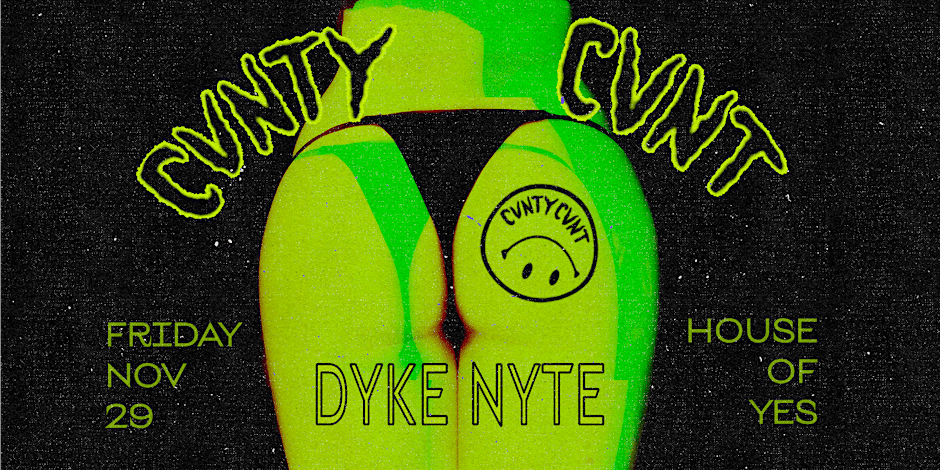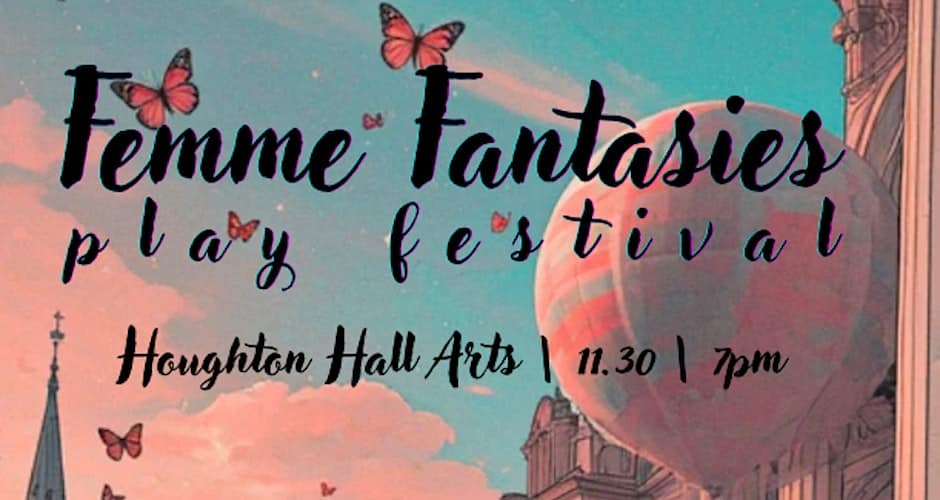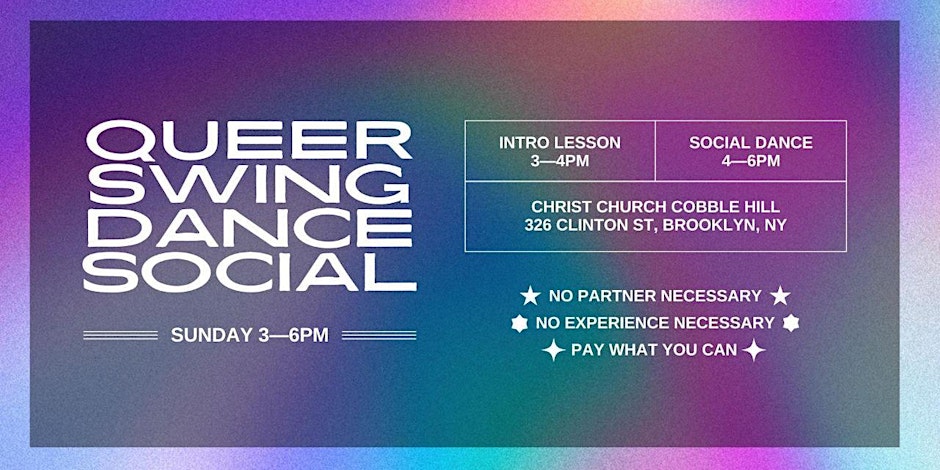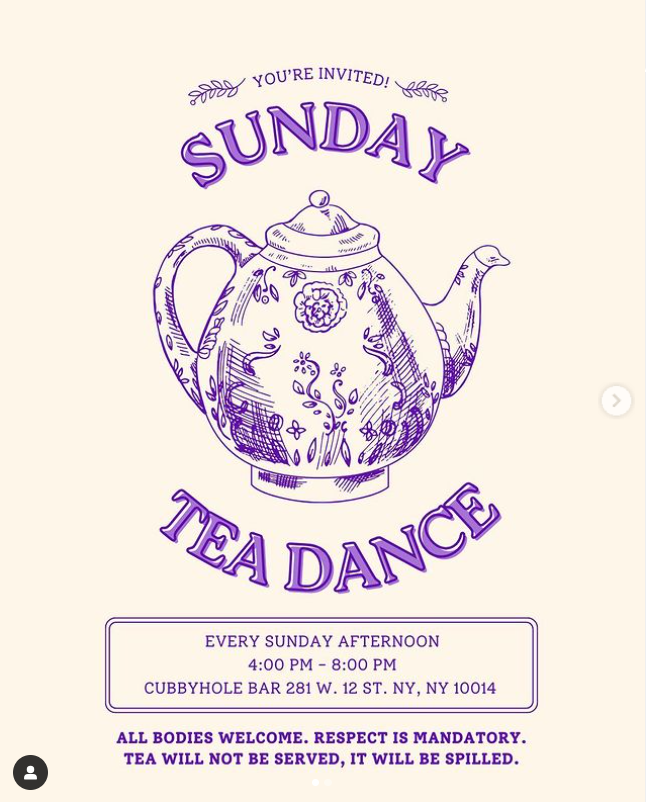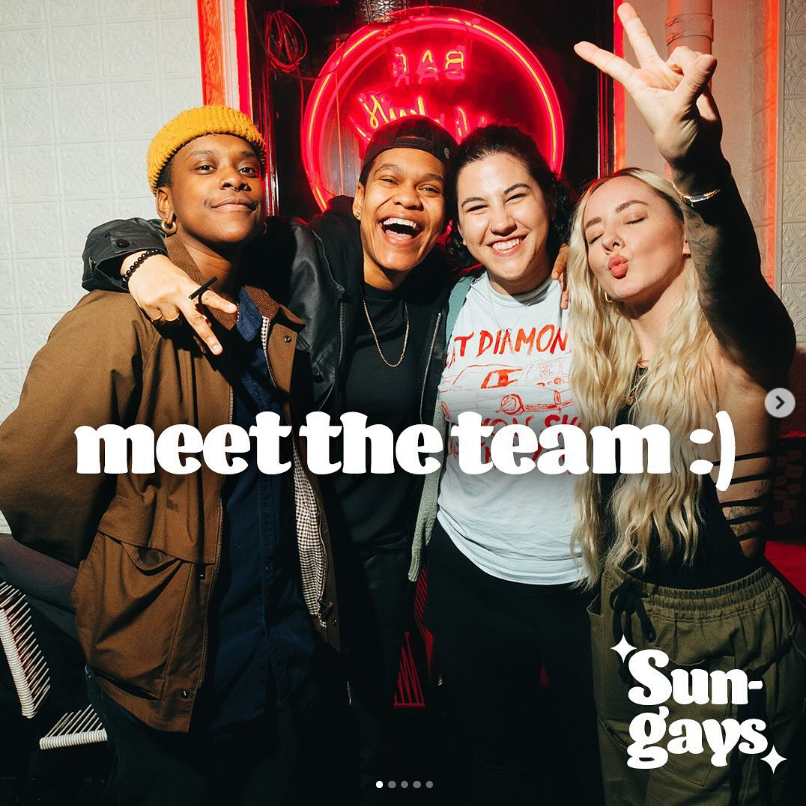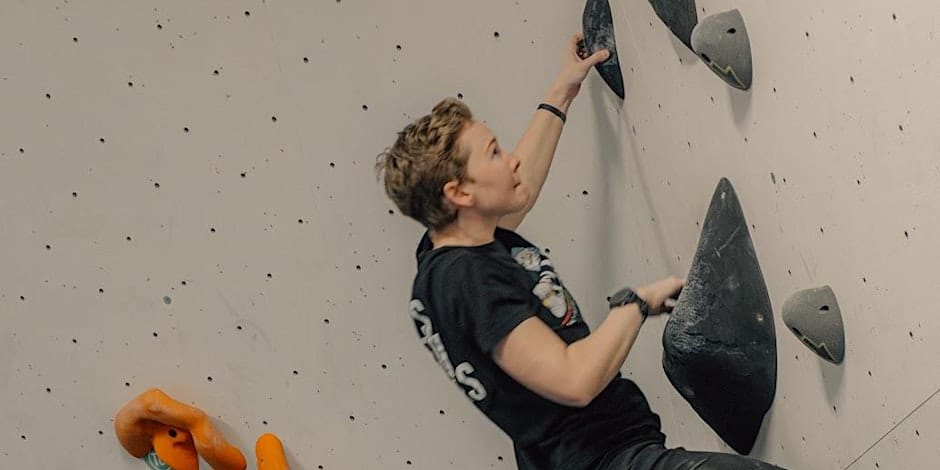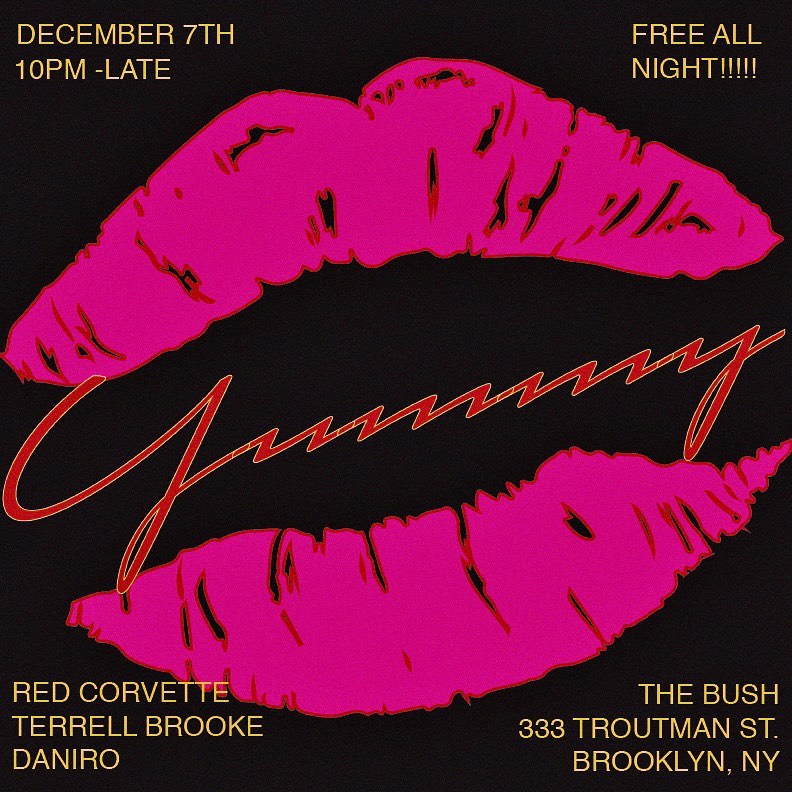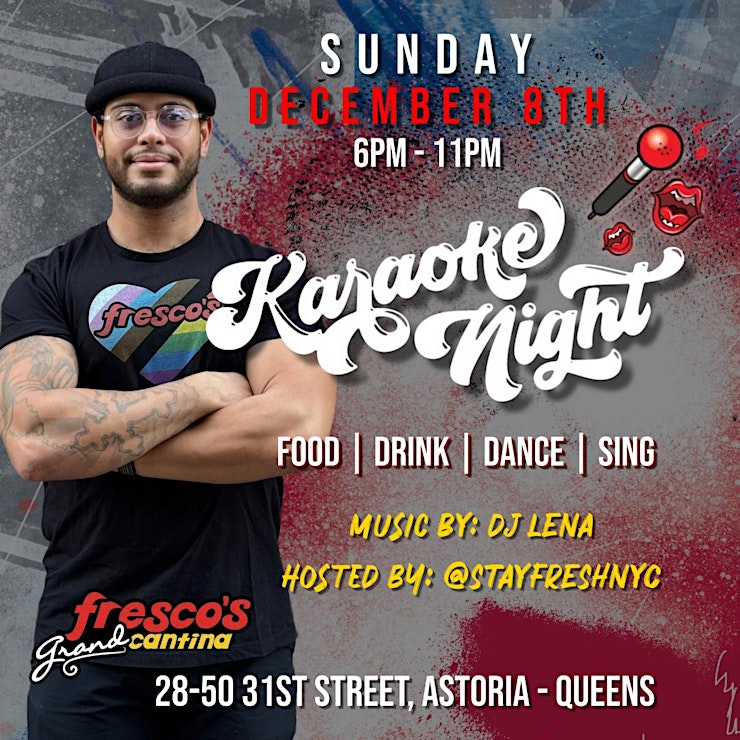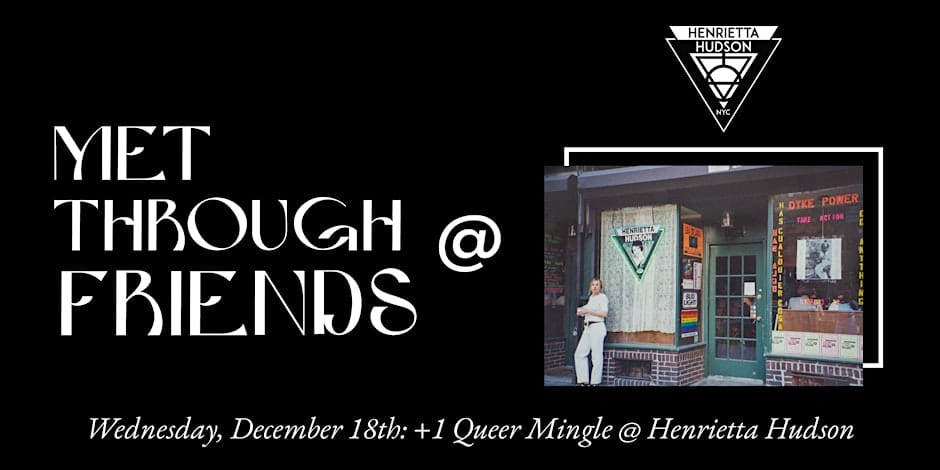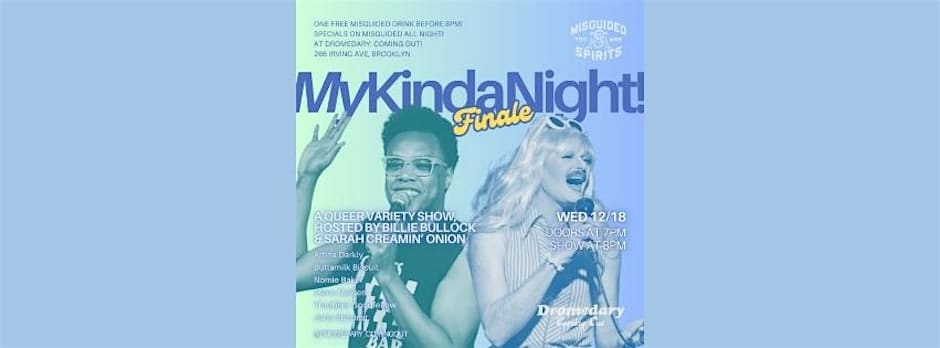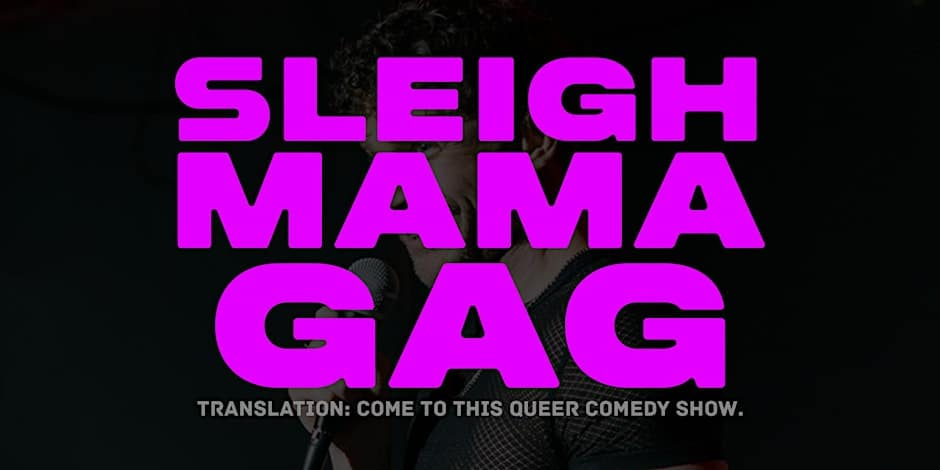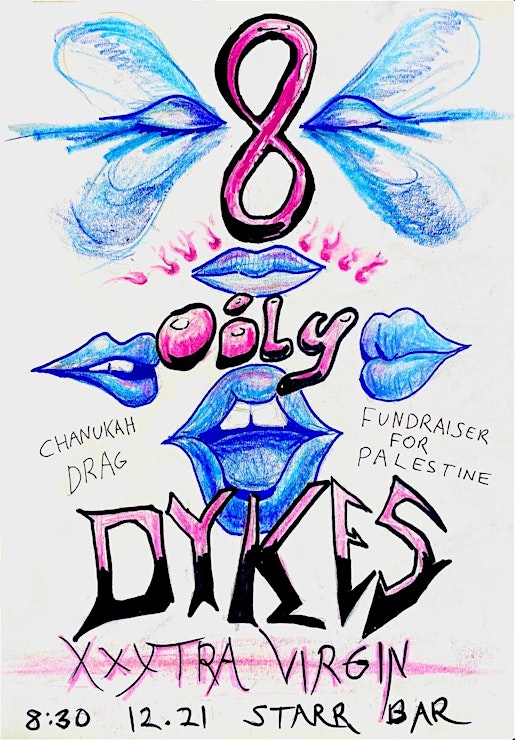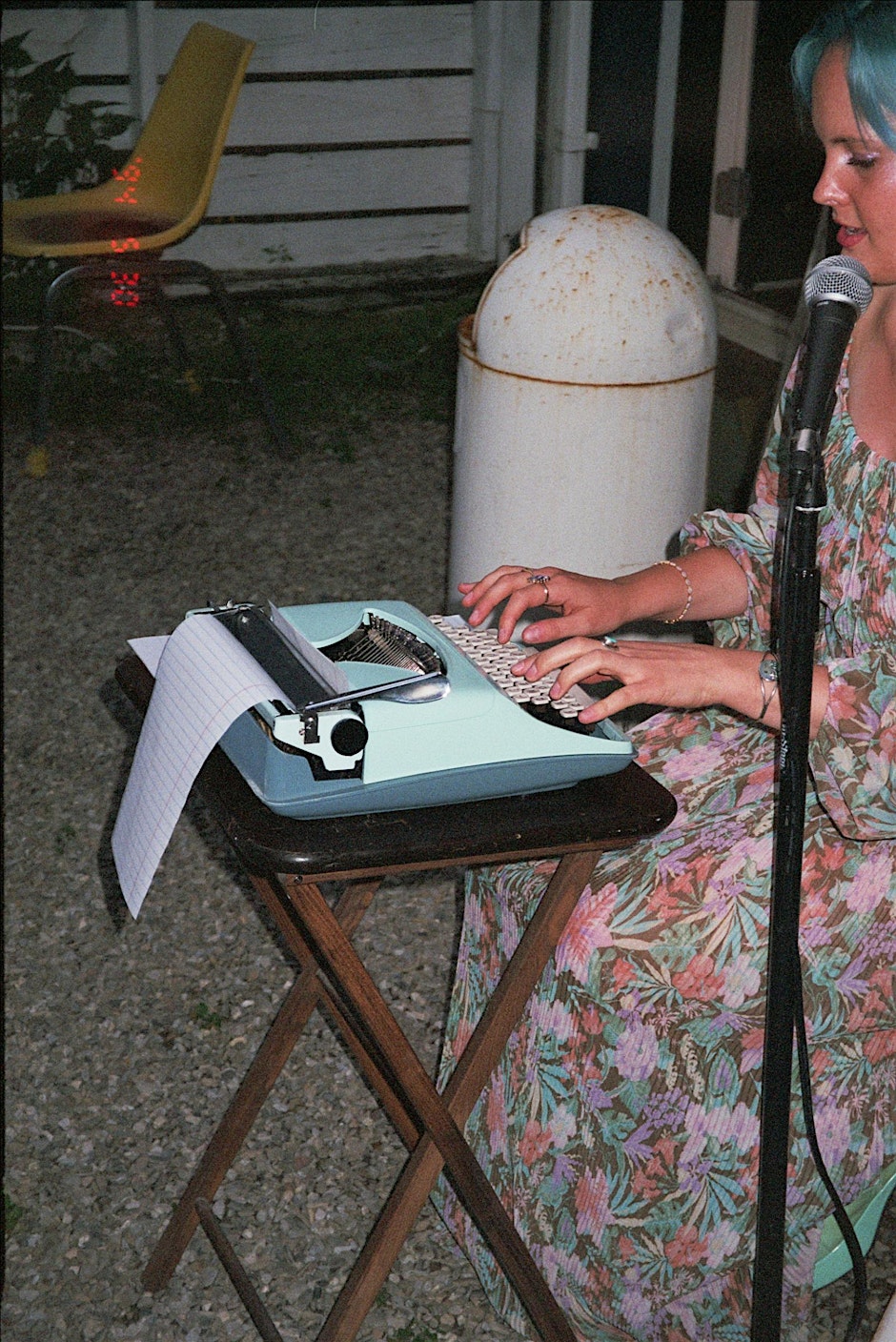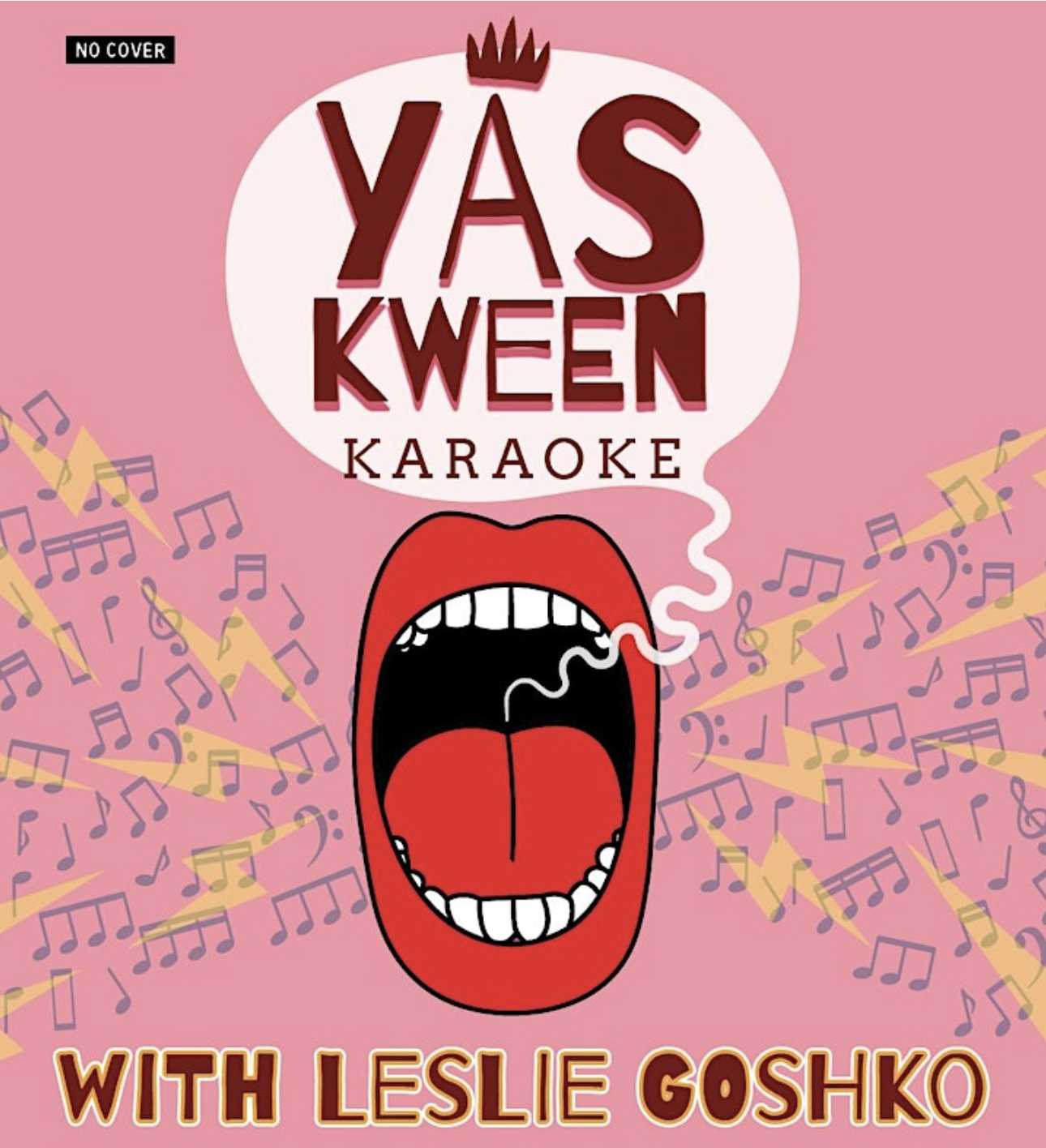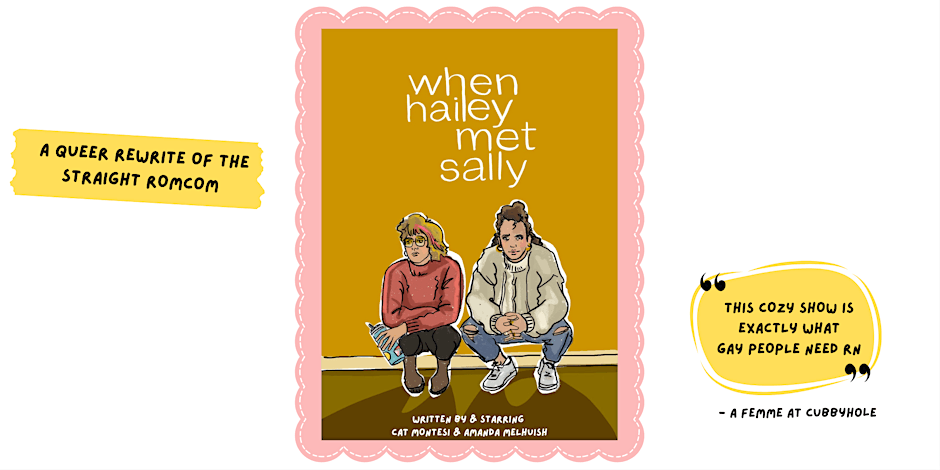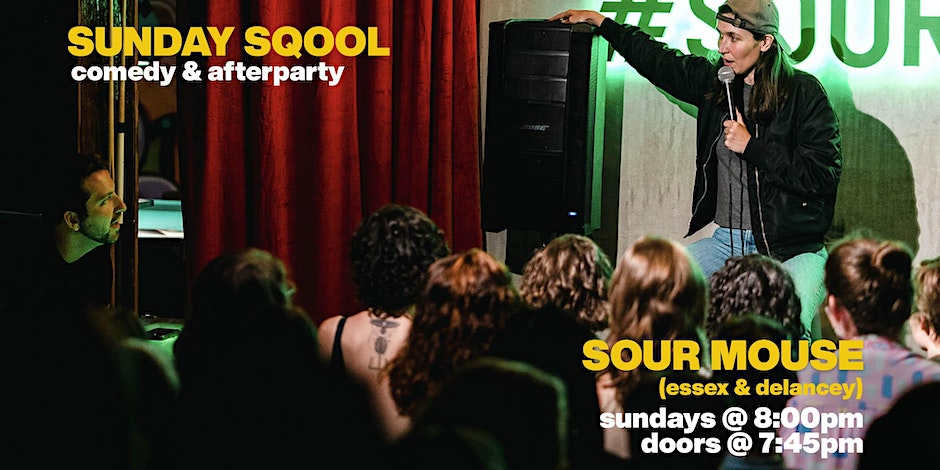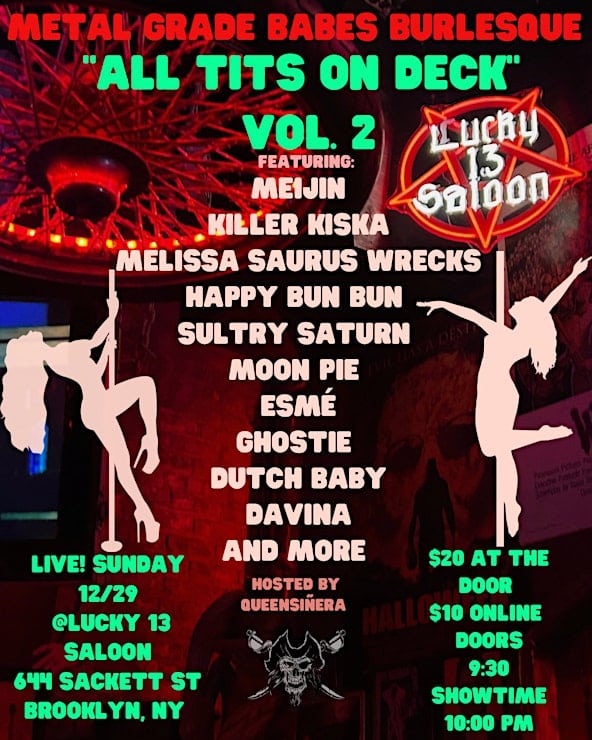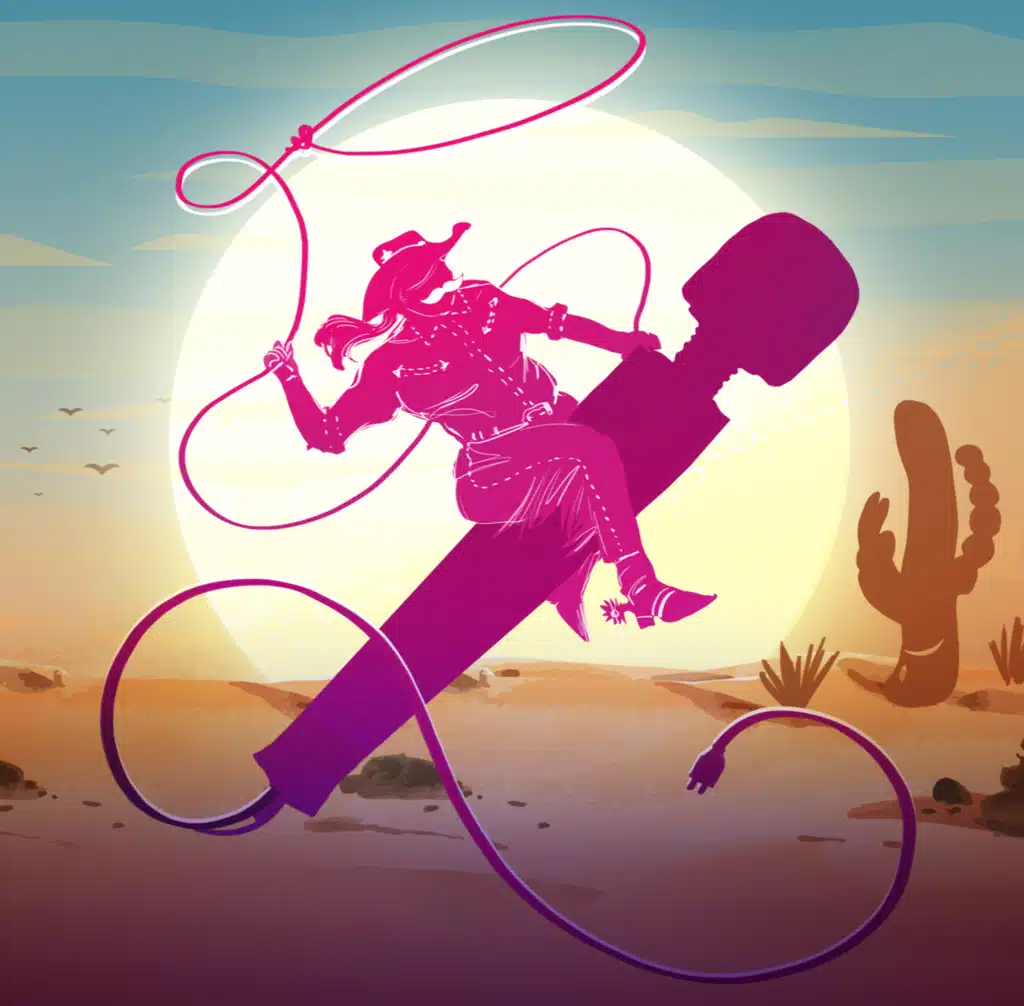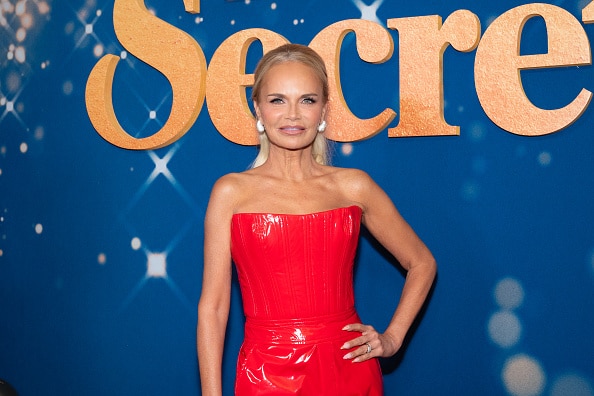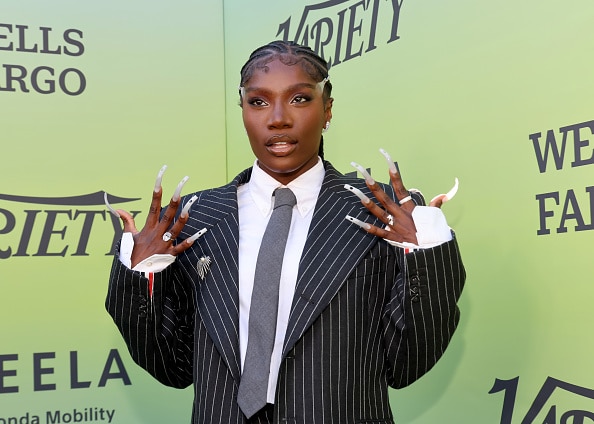The party’s just about over…or is it? L Word impresario Ilene Chaiken on six years of revolutionary television, the blockbuster final season and plans for the future.
Six years ago, seven fictitious strangers walked into our lesbian lives and turned them upside down—partly because these strangers didn’t seem so fictitious at all. They were lesbians we knew all too well. They reminded us of our bisexual best friend, our philandering heartbreaker ex, and our over-achieving type-A girlfriend. Their lives mirrored our own dramas so accurately that we forgot where fiction ended and reality began. We chose sides in their relationships and argued with each other about who should stay together and who should get a life. The L Word has so thoroughly embedded itself in our lesbi-cultural lives that we can hardly imagine our lexicon without the words Tibette, Shenny, Jenkki, Sharmen, Dalice, Talice, and Dyllena.
On January 18, the summation of The L Word begins. The sixth and final season of the first-ever made-for-television lesbian drama wraps up in eight episodes. The origins of this groundbreaking show are now the stuff of legend. Eight years ago, little-known writer and TV executive Ilene Chaiken pitched a lesbian ensemble drama to the suits at Showtime. They ignored her first pitch but perked up after she won them a Golden Globe by writing Dirty Pictures, a docu-drama based on the work of iconoclastic gay photographer Robert Mapplethorpe.
The L Word followed in the wake of Showtime’s first gay male drama, Queer As Folk. Much to everyone’s surprise, The L Word became a breakout hit, receiving higher critical acclaim and reaching a much larger audience than its brother series.
To say that The L Word sparked passions in the lesbian community is an understatement. While Chaiken’s show was shooting its pilot episode, rumor of this “lesbian version” of Queer As Folk had already spread across the dyke community. Fan sites quickly launched across the globe in Australia, France and the U.S., sharing both gossip and fact. The level of enthusiasm for the show has continued unabated over the last five years, with spoilers for upcoming episodes leaking months ahead of each new season.
This year’s spoilers began leaking on the fan sites as speculation on the final season mounted. China Daily, a news agency in Beijing, leaked the coveted Season 6 plot shocker, followed by Showtime’s release of a teaser video revealing the death of a main character within the first episode.
GO spoke to Ilene Chaiken as she reflected on the final season and addressed plans for the future. While the international lesbian community laments the end of The L Word, Chaiken prefers not to see it as an end, but as a transition.
GO: The show has been a runaway success. Did you ever expect it to do so well?
IL : I just set about to do it, and to do it as well as I could. I never thought about whether it would be a big hit or a small hit or how successful it would be. I just thought, these stories are good stories, they are entertaining stories, people will be engaged by them, and we should tell them.
You’ve covered many important LGBT issues—transphobia, coming out later in life, bisexuality, illness, and the military’s “Don’t Ask, Don’t Tell.” What are this season’s big issues?
We’re just going to go on telling stories. All of those stories that you mentioned, I’m well aware that they are all issues, that each one of them can comprise an important social theme, but they are stories that we tell because they are the stories of the lives of these characters. If I were to think about it, I might be able to identify a theme that comes up in our final season that falls into that same category, but it’s not how I approach the story-telling.
Will you deal with any current political issues?
When we were shooting our sixth season, we had gotten marriage rights in California, but we knew that Proposition 8 was coming [up for a vote], and we were going to finish shooting before the election. I didn’t know what was going to happen, so I had to be wary about which story we’re telling. Now the show is going on the air and Prop 8 has been passed. I knew that it was going to be close and hard-fought, and I thought we were going to win. I couldn’t tell a story about the aftermath, because I didn’t know what it was going to be.
Where do you get your inspiration for the storylines?
So many places. We have a group of writers who work on these stories and we get together in the beginning of the year and imagine where these lives might go. Writers take inspiration from real-life events. On a show like this, especially when you have a number of lesbians on the writing staff, we sit around and tell one another our own stories. We say, “oh my god, oh my god, I remember when that happened to so and so,” and we start there and then we make fiction.
You must get a lot of fan requests—for example, many women want Carmen back on the show…
Sarah Shahi has a new TV show on NBC, as many of her fans already know. She does make an appearance, but we’re not doing a big Carmen story. I don’t want to mislead anybody, but I am delighted to say that Sarah does appear in our final episode.
You once said that Jenny’s Season 5 storyline was a comment on your experience in making The L Word. How similar or different has your experience been to Jenny’s?
My experience has been very different on The L Word. I got nothing but support from Showtime. They never said, “make it less gay.” They never said, “can we make that character not a lesbian,” but that does happen in Hollywood. My experience with Showtime has been incredible, and I would never want anybody to think that Showtime behaved in a way that the show’s Hollywood archetypes behave. But it’s very realistic as a portrayal of what happens in the industry at large.
If you got a do-over, is there anything you would do differently?
I don’t believe in that. There are some choices that I would have made differently, and they might have been better or might have made some people happier, but there are no do-overs.
In the past you’ve said the characters with whom you most identify are Bette and Jenny. Has that changed for you?
Well, it’s changed in that both those characters have taken on lives of their own and veered far from me, but I still definitely would say that Jenny and Bette are the two characters who started as facets of my channeling myself, and there are still aspects of each of them that I relate to in a very personal way, which is not to say that I haven’t related to any number of the other L Word characters at times.
Jenny’s character has changed in ways that aren’t always agreeable to fans. Why do you think she has drawn such a negative reaction?
She’s a challenging character. She makes difficult choices. I think she’s a very honest character, and Mia Kirshner as an actor is willing to make the tough choices. She goes places that very few actors are willing to go, and it provokes people.
What are the biggest criticisms you’ve gotten from viewers?
Oh, the two most rabid criticisms I’ve gotten are breaking up Bette and Tina, and the death of Dana. The show wouldn’t be successful if it wasn’t controversial, and we wouldn’t be doing our job if we weren’t making some people angry some of the time. The big criticism about the women being too pretty, I just smile at, because you wouldn’t have watched the show if they weren’t.
Have you seen a change throughout the seasons with regard to how lesbians are viewed and/or portrayed in the media?
Well, I think that we live in a progressive culture and that the last six or seven years have seen progressive cultural changes that I never imagined would happen as quickly as they have. Much has changed, even though we still have some very big uphill climbs, and Prop 8 is obviously reflective of that. We really have seen incredible change. The reason that I think The L Word got on the air at the time it did is because we were riding a wave of change in which the culture was much more ready to embrace us and our lives.
What would you say has been The L Word’s greatest impact?
I like to look at it as our having been part of a cultural movement and conversation. There is no question that The L Word has had some impact on the culture and the lives of individuals, but it is much too much to claim that we have changed the culture, that we have made this or that happen. We are part of a movement and, as I said, we are part of a culture that’s progressing towards tolerance and inclusion.
Is there now a larger niche for shows by and about lesbians?
Sadly, no. I think that entertainment culture lags behind the culture at large, and I think that there are few shows still representing our lives and telling our stories. As far as I can tell, there are fewer now than there were when we first went on the air.
So, what happens now? What are your plans for the future?
I’m working on a spin-off, plus a number of other projects, and I would love to see us all get together to do an L Word movie one of these days. I don’t feel like The L Word is ending—I think this is transitional. Alice’s character will take us into the spin-off and be one of the stars.
Can we expect to see any other familiar faces?
I certainly hope so. Assuming that the new show actually gets on the air, I would hope to see any number of L Word characters making guests appearances.
Will the spin-off take The L Word’s timeslot?
There is no slot—I think Showtime programs in a unique way. There is no predetermined time when the show goes on the air, no slot that is reserved for it. I don’t think I’d characterize it as taking up The L Word’s slot. I hope it ends up on Showtime in primetime the way that The L Word did.
What has the show meant for you, personally and professionally?
It’s been all-consuming. It’s been a glorious ride, and I’ve had a great, great time doing it. I can’t imagine doing anything professionally that’s more meaningful.




